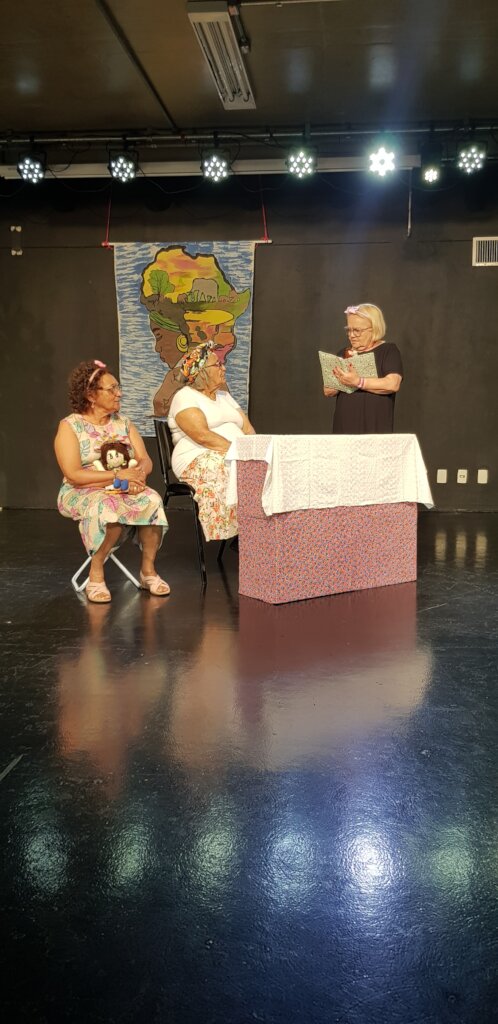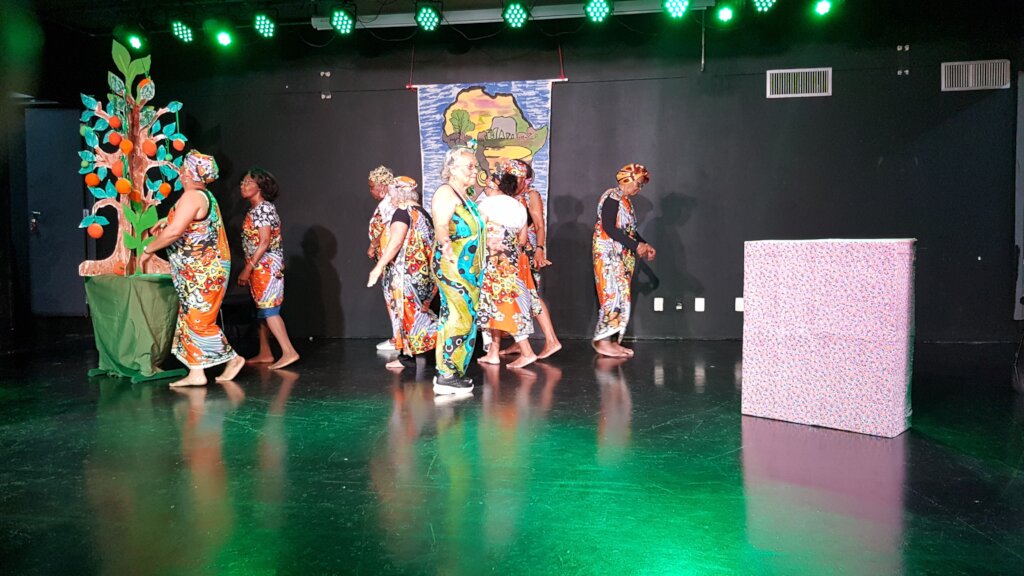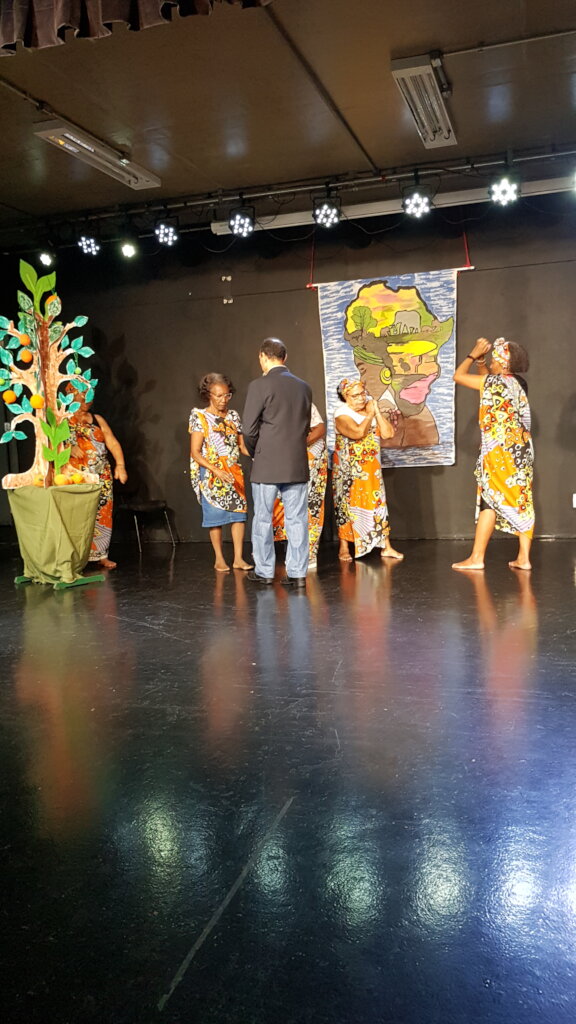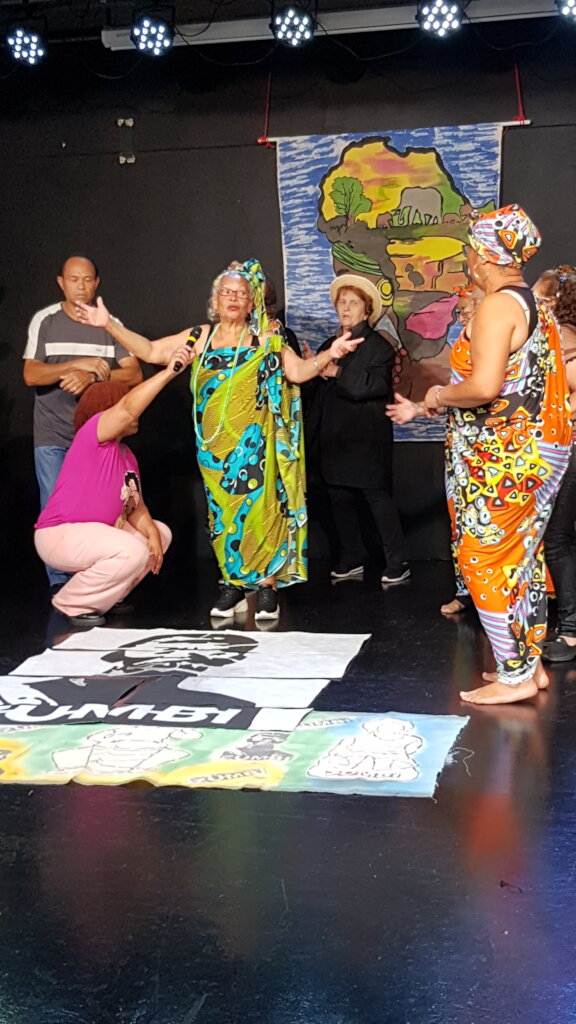By Barbara Borges | Project helper
If you spent time over the holidays with elderly relatives or friends, you may have heard many of the same stories repeated — perhaps stories you’d heard over the years, or even over the past few hours.
Repeated storytelling can sometimes be unnerving for friends and families, raising concerns about a loved one’s potential cognitive decline, memory loss or perhaps even the onset of dementia.
Here at the Heliopolis Elderly Center our classes and research suggests there is another way to think about repeated storytelling that makes it easier to listen and engage with the stories.
We had a semester of classes with continues into the New Year of 2025 where we used a narrative inquiry approach to discover that repeated storytelling is a key method for elders to communicate what they believe to be important to their children and loved ones. Narrative inquiry uses the text of stories as research data to explore how people create meaning in their lives.
Another tool that we used was theatre and costumes to finalize their final storytelling presentation.
Storytelling is an essential human process and a universal experience associated with aging. Neuroscientists suggest that storytelling has practical survival value for individuals and communities, as well as social and psychological benefits.
It may be as powerful as medication or therapy for overcoming depression among elders. Storytelling becomes especially important when people become aware of their mortality — when they are ill, suffering or facing death.
People don’t necessarily tell the same stories over and over again because they’re losing cognitive function, but because the stories are important, and they feel we need to know them. Telling stories repeatedly isn’t about forgetfulness or dementia. It’s an effort to share what’s important.
Our hope is that by better understanding elderly storytelling, family members may be able to listen in a different way to those repeated stories and understand the messages they contain.
We enjoy offering these lessons and hope that you will contribute to our project.
Links:
Project reports on GlobalGiving are posted directly to globalgiving.org by Project Leaders as they are completed, generally every 3-4 months. To protect the integrity of these documents, GlobalGiving does not alter them; therefore you may find some language or formatting issues.
If you donate to this project or have donated to this project, you can receive an email when this project posts a report. You can also subscribe for reports without donating.
Support this important cause by creating a personalized fundraising page.
Start a Fundraiser


